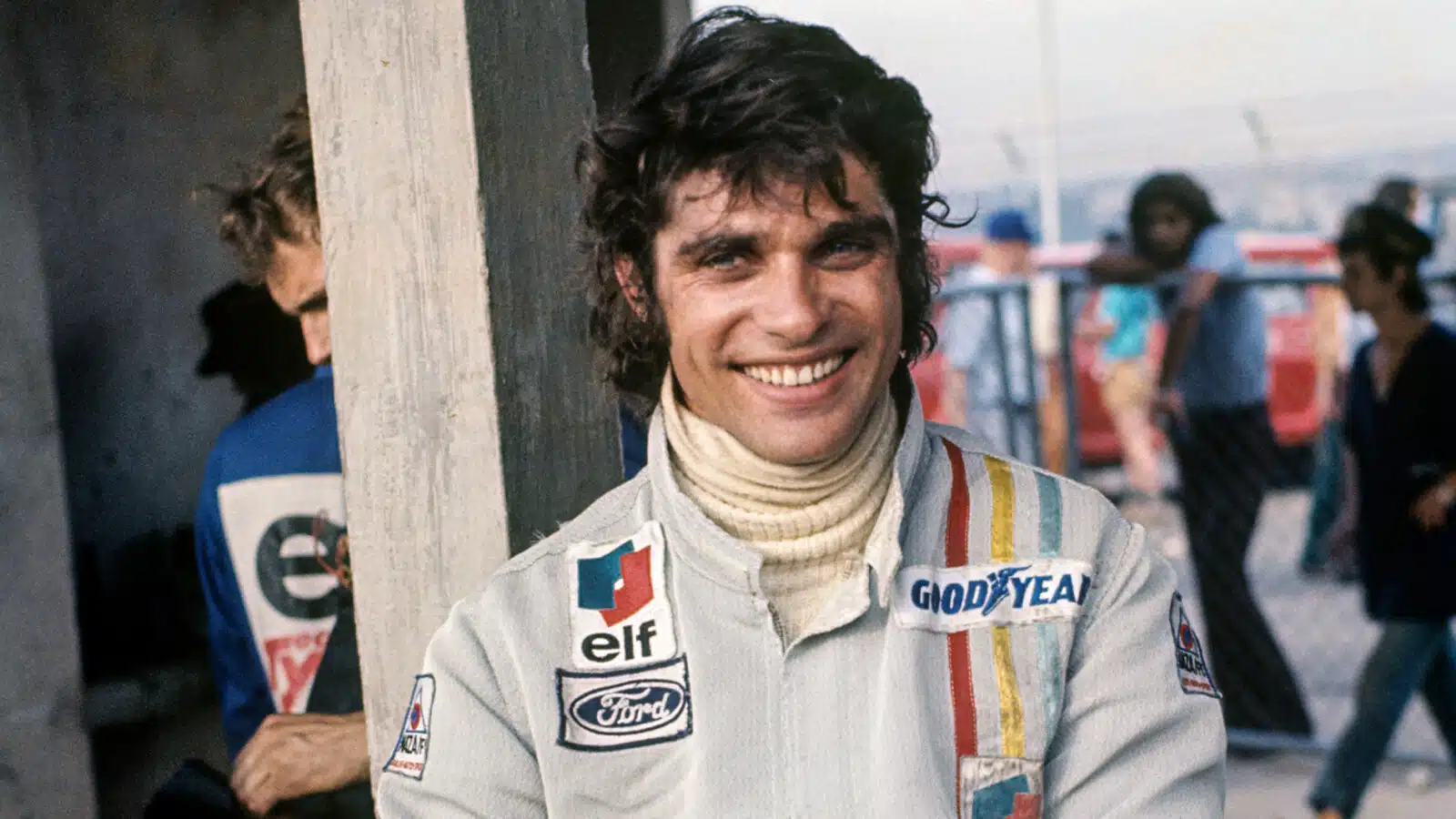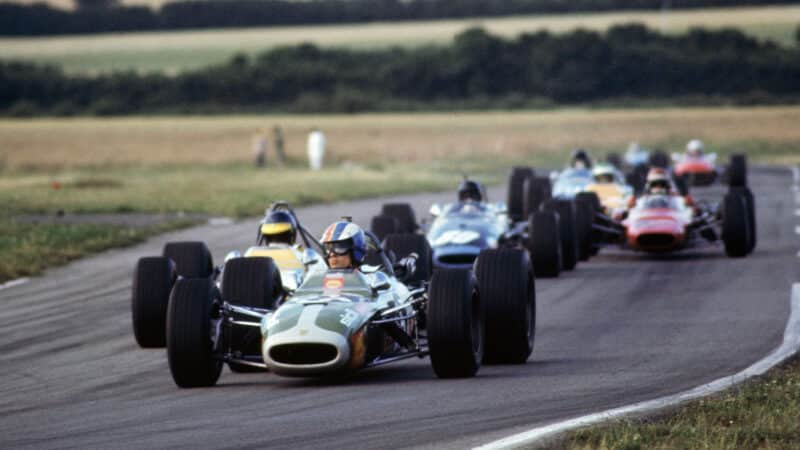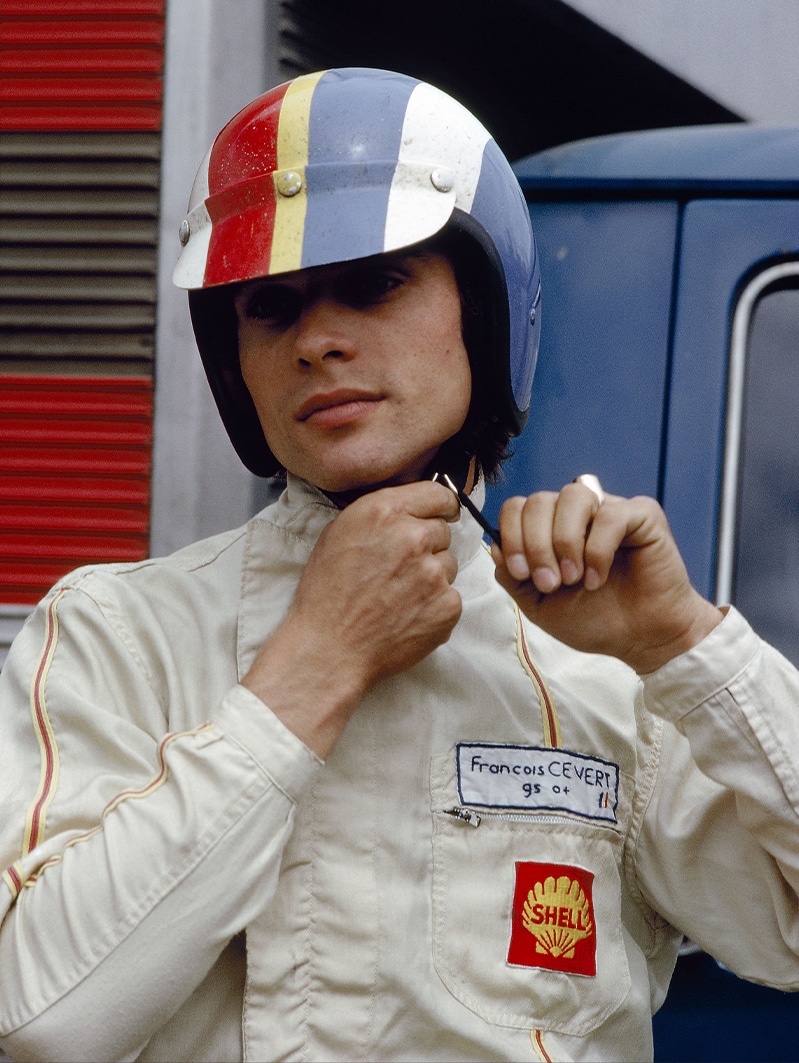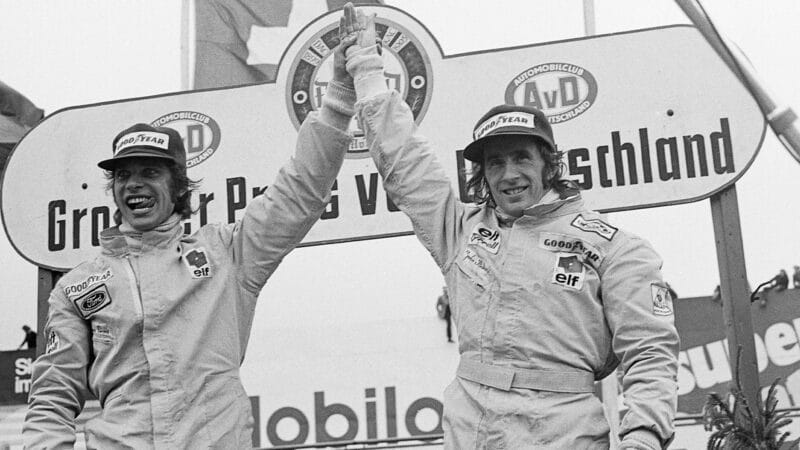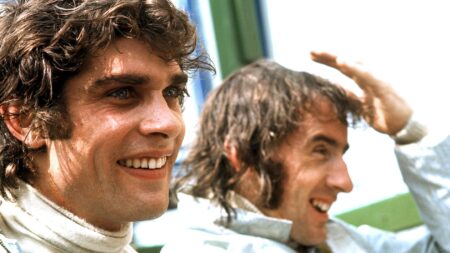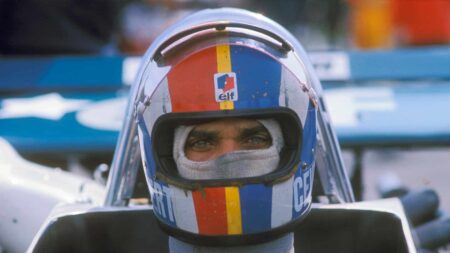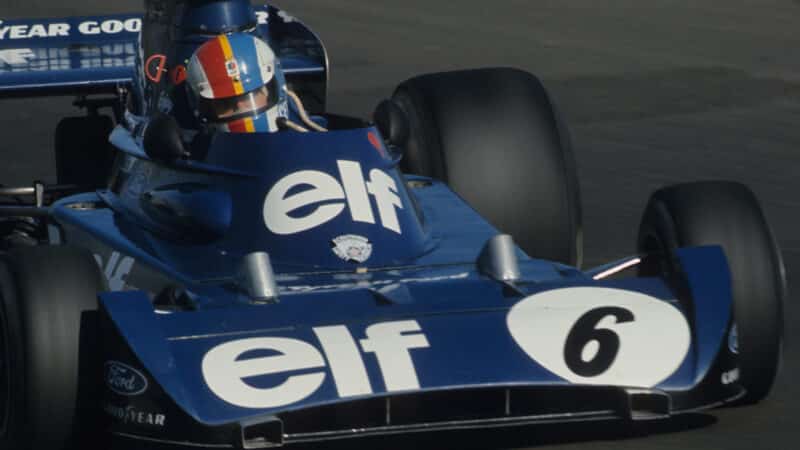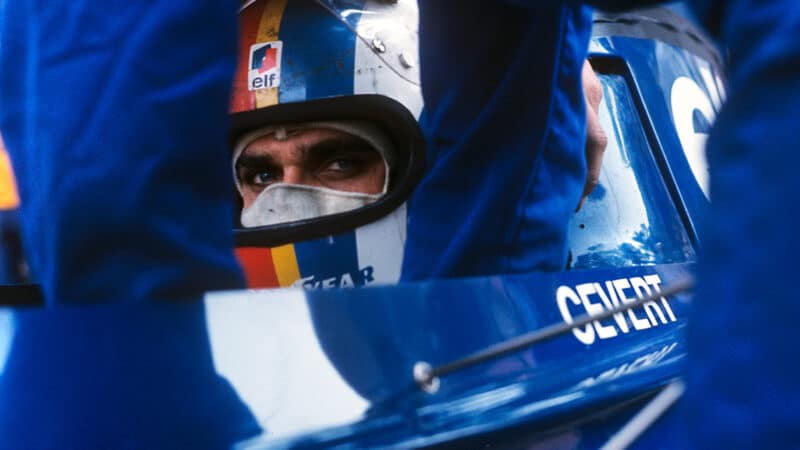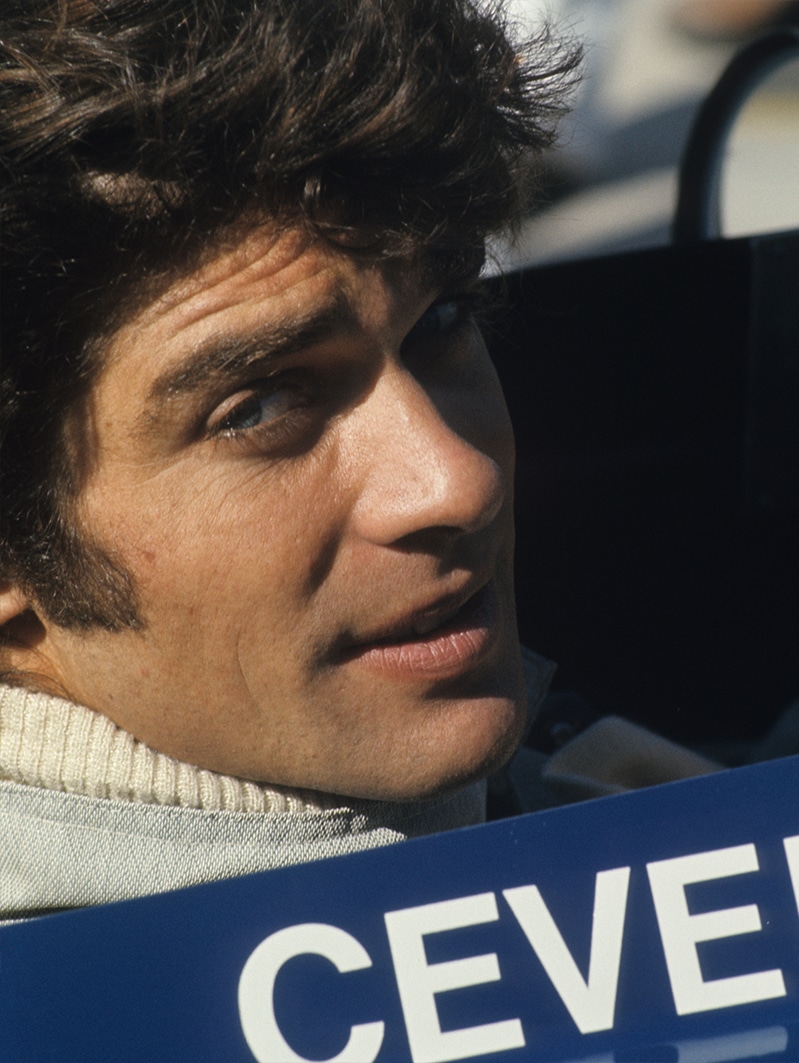“I had not held back prior to that. I had taken him around every race track, walked him around, driven him in a street car and had him follow me in a Formula One car. He knew everything that I knew and when you’re young and bright-eyed and bushy-tailed, you can’t always consume all the information. But if you’re doing it for two or three years together, that information can be fed into the machine progressively, and clearly I was aware of that. He developed very well.”
Considering the numerous second places Cevert scored in his career, with only the one Grand Prix win, was he a winner in the classic sense? “He was a winner”, says Stewart. “I think he would have won the championship in 1974. The car (Tyrrell 007) was very good. I know this because I had been part of developing it. Clearly he would have shown the car in a better light than Jody Scheckter because Jody was coming into his first full season. I don’t think Jody was ready to win races at that time.” As it was, Jody only lost that ’74 title at the final round, and by seven points. With François at the helm it does not require too much of a leap to suggest he would have clinched that close-fought title, and probably earlier than Watkins Glen.
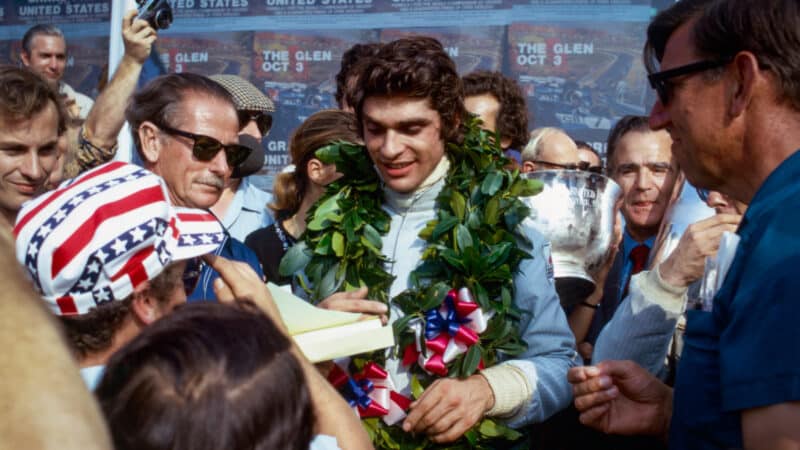
Cevert’s one F1 win came at Watkins Glen in 1971
DPPI
Regarding François’ numerous second places to Stewart, particularly in ’73, Jackie says, “Keep in mind that in ’73 I was at the very height of my career. For him to compete with me at that time, would be like me trying to compete with Jim Clark in 1968. I think I could have won the odd race, but I couldn’t have taken the title from him because he just knew too much. In ’73 I knew too much.”
Ken Tyrrell concurs with Stewart’s assessment of François’ potential to take the title in ’74. “We would have expected François to have performed better than did Jody. In ’73 the Tyrrell-Ford 006/2 had won five races and had eight seconds, but neither Jody nor Patrick (Depailler) could come to terms with that car and we had to build a more forgiving car to suit these two drivers in their formative years. The 006/2 was a very successful car, but it required drivers of a high standard to get the best out of it. You can have a car which is comfortable to drive and the driver can feel very confident in it. But it may not be quick.”
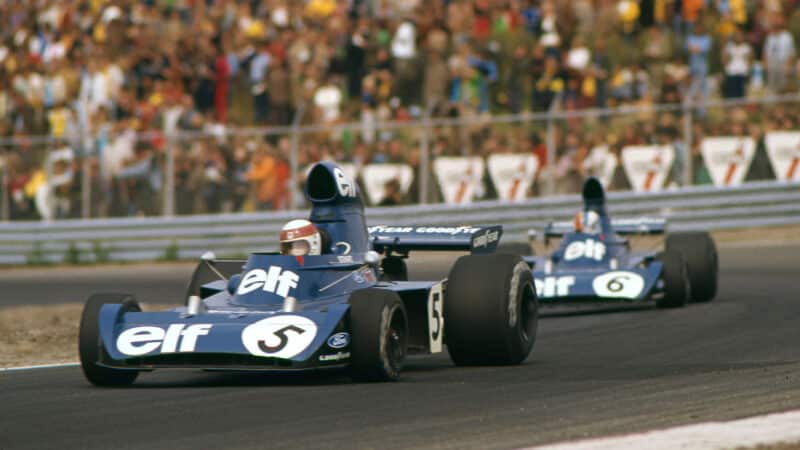
Stewart leads Cevert at Zandvoort in 1973
Grand Prix Photo
The short wheelbase 006/2 of ’73 had a reputation for being ‘twitchy’, and difficult to drive. This certainly contributed to Cevert’s demise. “François’ accident was awful”, Tyrrell relates. “It was near the end of the last practice and he was confident he could achieve pole position. It was on his last attempt when he lost control and hit the guardrail. Of course part of the tragedy is that he would almost certainly have survived — walked away from that accident — in a modern Grand Prix car. Such is progress.”
There was a bump in the middle of the Glen’s treacherous Esses which upset the balance of the 006. “Following the bump”, Tyrrell continues, “was the guardrail where the race track went over an entrance tunnel to the inside of the circuit. So there was a guardrail right alongside the racetrack on either side, there being no room for an error at all.”
